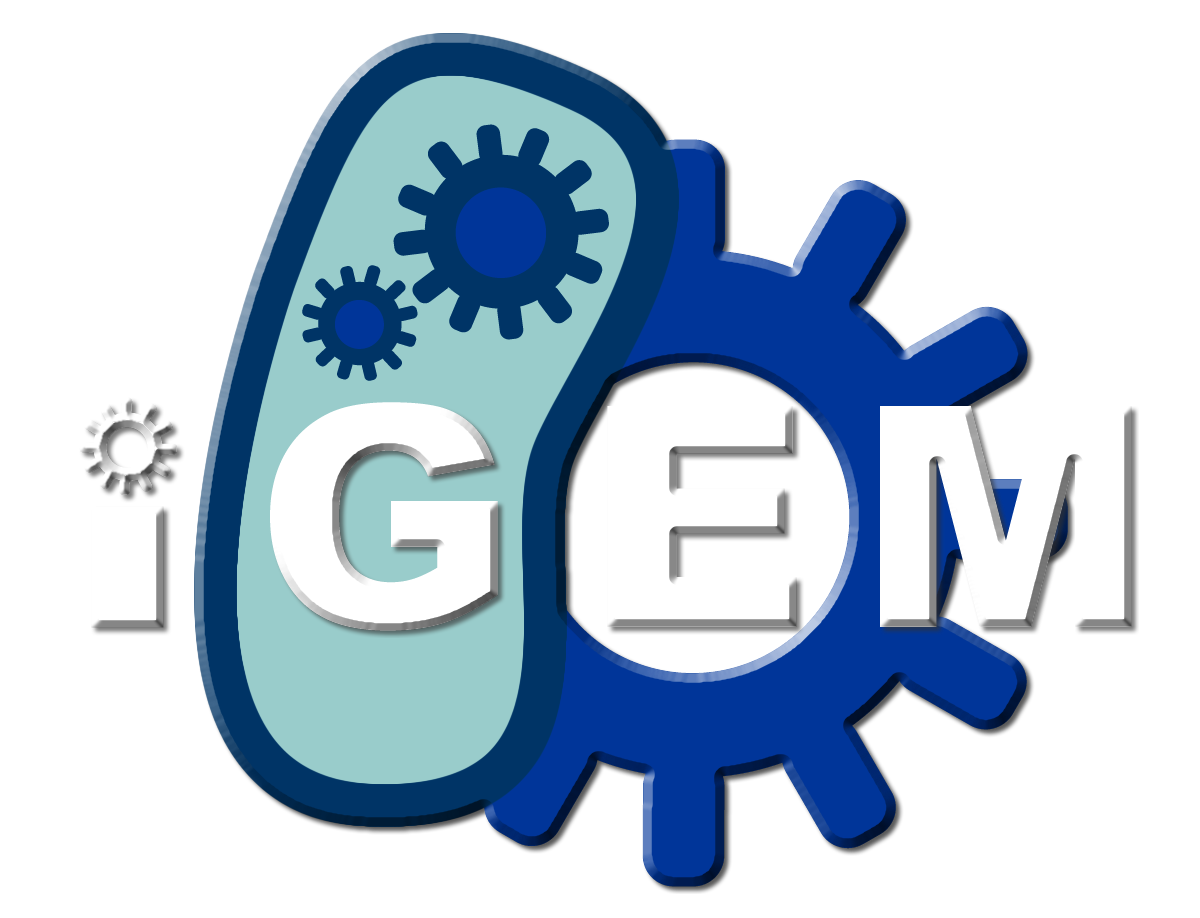Team:NC School of Sci Math/Human Practices
From 2013hs.igem.org
Jack Allen (Talk | contribs) (Replaced content with "{{NCSSM_iGEM_13| Content= __NOTOC__ ===Human Practices=== What impact does/will your project have on the public? }}") |
|||
| Line 5: | Line 5: | ||
What impact does/will your project have on the public? | What impact does/will your project have on the public? | ||
| + | Our project is specifically designed to have maximum direct human impact. Approximately 25% of North American homes require the use of septic tanks for sewage. Over time, septic tanks become susceptible to the growth of bacteria. Bacteria, if left unchecked, can contaminate groundwater. Our system is designed to detect these harmful bacteria and then notify the tank owner of these bacteria levels. This has a strong human impact, as it allows septic tank owners to safely maintain and repair their tanks before irreversible damage is caused. In addition, our project can be applied to sewage treatment facilities and can be used as a water testing kit. | ||
}} | }} | ||
Revision as of 02:51, 20 June 2013
Home Team Project Details Lab Notebook Results Human Impact Biosafety Acknowledgments Official Team Profile
Human Practices
What impact does/will your project have on the public?
Our project is specifically designed to have maximum direct human impact. Approximately 25% of North American homes require the use of septic tanks for sewage. Over time, septic tanks become susceptible to the growth of bacteria. Bacteria, if left unchecked, can contaminate groundwater. Our system is designed to detect these harmful bacteria and then notify the tank owner of these bacteria levels. This has a strong human impact, as it allows septic tank owners to safely maintain and repair their tanks before irreversible damage is caused. In addition, our project can be applied to sewage treatment facilities and can be used as a water testing kit.
 "
"


